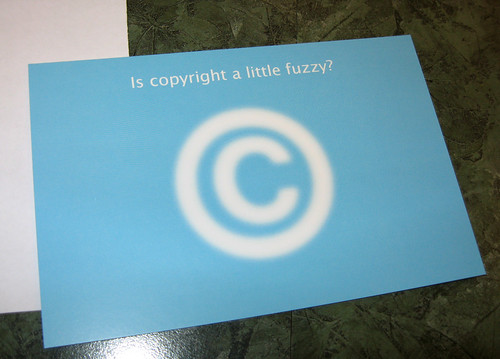I personally have seen a lot of copy right issues on Youtube. Many youtubers choose to post music in the background of their songs, and if not done correctly they are flagged for copyright. A lot of times youtube gives them a strike for breaking copyright laws, if they gain three their channel gets erased and they must create a whole new profile.
I have also seen copy right issues on apps like instagram and vsco, in both these apps I have seen people post pictures that do not belong to them. These people are technically breaking copyright laws. This refinery article talks about why you shouldn't post pictures from others, you are using someone else's work without giving them the fair credit for their work. Just because something is on a public forum such as google images you shouldn't be taking something that is not yours and taking credit for it.
Apart from seeing pictures being taken a big part of what I have seen are sports games being taped and uploaded to Youtube. An example that relates to me personally is volleyball games that have been posted on youtube. These games are taken from sports channels like ESPN and put out on the internet for those who can not watch it. Although I find this helpful I also find myself feeling slightly guilty for watching something that is taken without the networks permission. This also goes with watching movies online, I always feel sketchy and guilty when I watch a movie online that is on a website that takes movies without permission.
How do you guys feel about this? Do you watch videos on the internet that you shouldn't be? Do feel guilt from it or that you might get in trouble from it due to copyright laws?











